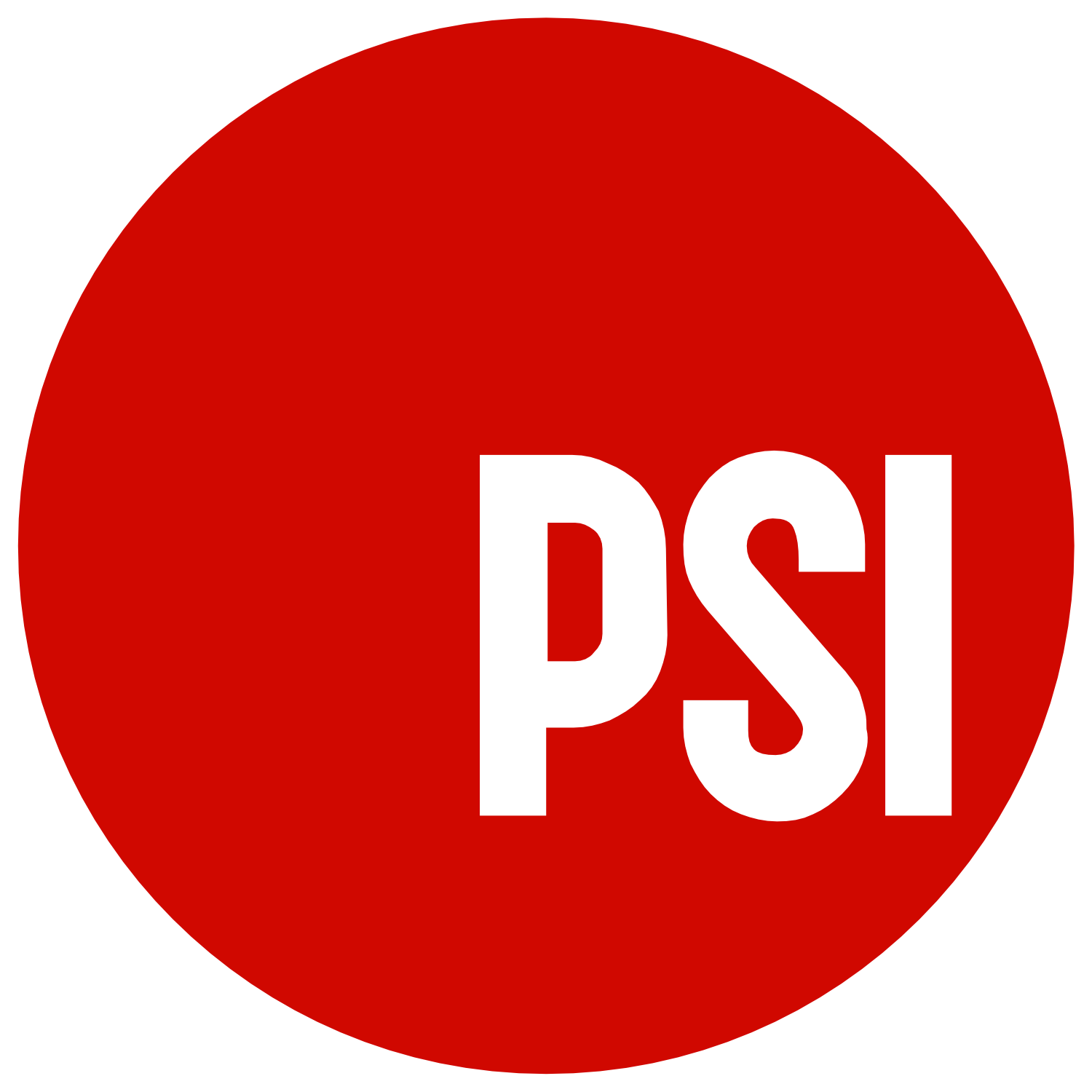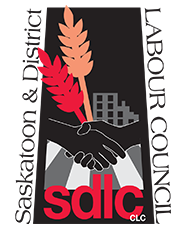Know your collective agreement
A collective agreement, sometimes referred to as a collective bargaining agreement (CBA) or contract, is a legal contract negotiated, agreed to and signed by the employer and the union. Both the employer and the union are bound by law to abide by the terms and conditions of the collective agreement. It’s important to read and get to know your collective agreement. It will help you know what to expect at your workplace and it will help you learn if the conditions of employment are being met.
Your CBA is the “rule book” that defines working conditions and sets out the rights and responsibilities of the employer and the workers.
There is no more union important document in your workplace!
Some of the provisions contained in your collective agreement may include components like:
- Definitions of employment status (permanent, part-time, casual, etc.)
- Hours of work
- Wages
- Vacation leave
- Sick leave
- Grievance procedures
- Disciplinary process
There can be many more provisions in addition to these. Your agreement is unique to your bargaining unit and will be different than contracts in other bargaining units and workplaces. If you have difficulty in understanding anything in your collective agreement, contact your steward, who can help explain.
A copy of your collective agreement can be found on the Collective Bargaining Agreements page or on your Member Dashboard.
What should I do if I have issues in the workplace?
Sometimes you may feel like you need support in a workplace conflict with a coworker or manager or may have questions about a decision made by your employer. Have a discussion with your steward to determine if this is a workplace issues for the employer to resolve or if it is a union issue where the steward and your union may need to be involved.
What should you do?
- Start by making some notes on what you feel the issue is, include date(s) and as much detail about the incident as possible
- Call your Steward!
- If you don’t know who your workplace steward is, in most cases you can find them listed on your Member Dashboard. (For confidentiality reasons, using your work e-mail address is not recommended.)
- You can also contact us and we'll put you in touch with the best person to help you.
Stewards are there to answer your questions and queries and provide the information you need at work. They can provide advice or information about your collective agreement, the union and workplace issues.
Do you have questions about...
- Your contract, wages, hours, benefits and rights on the job?
- Work rules and policies in your employee code of conduct?
- How your union works and who the Local union officers are?
- Member events or meetings?
- Laws that protect your rights?
ASK YOUR STEWARD!
It is especially important you contact your steward if you are called in to a meeting with your supervisor that might lead to discipline. As soon as you find out about such a meeting, notify a steward. They will provide advice and support, and will act as your representative in the meeting to help resolve problems you encounter at your workplace.
If you are not able to find a steward at your workplace, contact your local and/or your bargaining unit. If none of these options provide you with the name of a steward, contact your regional SGEU office.
Remember: you have the right to request union representation during meetings with supervisors and managers that could lead to discipline.
Once you discuss your situation with your steward, you can decide what action to take. Whether you have a question or need information, your steward can help.
Why do I need a Steward?
Stewards are members like you, often your coworkers, who volunteer to be the union’s main point-person at your workplace.
A steward is a union member responsible for handling members’ problems in the workplace, including working to resolve issues outside of the grievance process; filing grievances; attending disciplinary meetings between the members and management; educating members on union policies and activities; and getting the members involved in the union. Your steward is the first line of defense for members of our union.
They are elected by members, and serve a two year term, as per the SGEU constitution.
SGEU has developed specific educational courses and material to equip stewards with hands-on skills and knowledge so they are able to carry out their responsibilities. SGEU staff and leaders are available to answer questions or assist Stewards if they need additional support.
Your steward can help you in many ways. Don’t underestimate the power of your steward – they have the same rights as your supervisor while they are representing you.
If the union and management can’t agree on a resolution, the case may become a formal grievance. When a grievance is filed, a team of SGEU staff and elected members carefully review the merits of the grievance and makes a recommendation whether to proceed onto the next step.
Grievance Procedure
In a unionized workplace, filing a grievance when your employer is not honoring the contract is a key aspect of on-the-job problem-solving. SGEU is here to ensure all involved in the process work to resolve the grievance with professionalism and respect.
Your collective agreement outlines a fair, step-by-step process which sets out procedures for resolving grievances. It is very important to file a grievance as soon as possible because your right to file a grievance expires after the defined time limit set out in your collective agreement.
A steward or the union will file a grievance on your behalf and help you understand more about the process. If you believe a breach of your collective agreement or labour legislation has occured, contact your steward immediately.
Your Rights at Work
There are three primary areas that provide for and protect your rights at work:
- Your collective agreement
- Provincial legislation, regulations and statutes
- Federal legislation, regulations and statutes
While this page has only discussed your collective agreement, it is important to know that other legislation, such as the Canadian Charter of Rights and Freedoms, which is a part of the Constitution of Canada, the Saskatchewan Human Rights Code and the Saskatchewan Employment Act (SEA) may afford additional protections in the workplace. If you work in a federally regulated workplace, federal legislation could apply.





